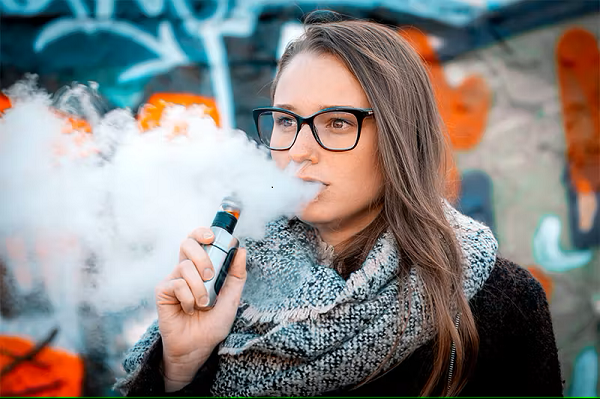A generational ban, like the one in Brookline, permits certain individuals to lawfully purchase tobacco products and vapes while prohibiting others from doing so. This kind of ban differs from all others in that regard. In the Boston suburb, a 24-year-old who was born on December 31, 1999, is permitted to purchase a vaping device; but, a 24-year-old who was born on January 1, 2000, one day later, is not and will never be allowed to purchase the same product.
The Brookline ban has been dubbed a "nicotine-free generation" law because it forbids the sale of any consumer nicotine product, including vapes. While these laws are commonly referred to as "tobacco-free generation" or "smoke free generation" laws, they always forbid the sale of cigarettes and other combustible tobacco products.
Court: cities may outright prohibit tobacco products and vapes
The generational ban was approved by Brookline in November 2020, and after the attorney general's legal examination, it became operative in July 2021. The proprietor of a convenience shop and petrol station, which is situated only a block from Brookline's boundary with Boston, where tobacco sales are permitted for anybody 21 years of age or older, challenged the legislation, claiming it negatively affected his company. Other c-store owners eventually followed suit.
In 2022, a higher court rejected the complaint; the firms then filed an appeal with the state Supreme Court. Last November, the court heard oral arguments. Lawyers from Northeastern University School of Law's Public Health Advocacy Institute (PHAI) defended the city free gratis throughout the legal dispute. The tobacco control program of the state Department of Public Health is partnered with the Public Health & Tobacco Policy Center of PHAI.
The Supreme Court dismissed the argument that the generational prohibition contradicts with current state statutes that set the legal age to purchase tobacco and vaping goods at 21, upholding the lower court's verdict on March 8. The court stated that state law permits local governments to outright prohibit the sale of tobacco products if they so want.
Tobacco control organizations applauded the move and hope the generational ban idea spreads abroad. In a news statement, Action on Smoking and Health (ASH) referred to the decision as "a watershed moment in the history of the tobacco wars."
The idea of a generational ban might proliferate.
Although it is thought that Brookline was the first jurisdiction to implement a generational tobacco ban, the concept is not brand-new. In Singapore, it was created and given the moniker Tobacco-Free Generation. Additionally, Tobacco Free Generation International, a tobacco control organization, maintains its headquarters in Singapore, despite the fact that the country has not yet approved its own tobacco-free generation legislation.
In 2022, New Zealand became the first nation to enact a generational ban; however, the bill was dropped before it could go into force after the election of a new administration the previous year. The selling of vapes was not restricted by New Zealand legislation. A generational ban, which would have prohibited vaping goods, was initially part of a proposed amendment to Malaysia's tobacco control regulations that was submitted last year. However, the attorney general of the nation declared the age-based restriction to be illegal, so it was abandoned.
In October of last year, British Prime Minister Rishi Sunak said that England will implement a smoke free generation legislation modeled after the law in New Zealand (which does not prohibit vaping). The plan is still pending a vote in the UK Parliament. Scotland is contemplating a generational ban of its own.






